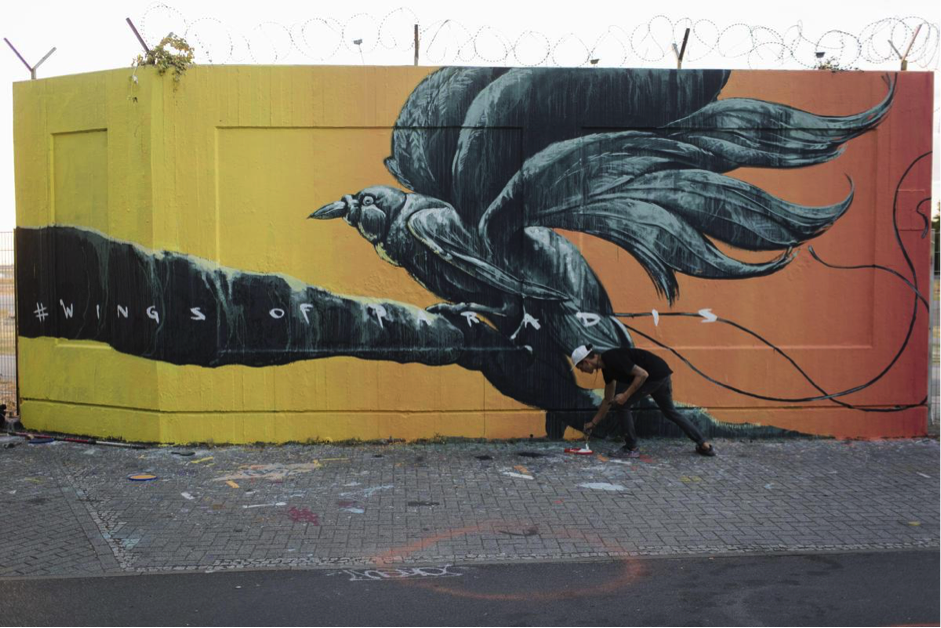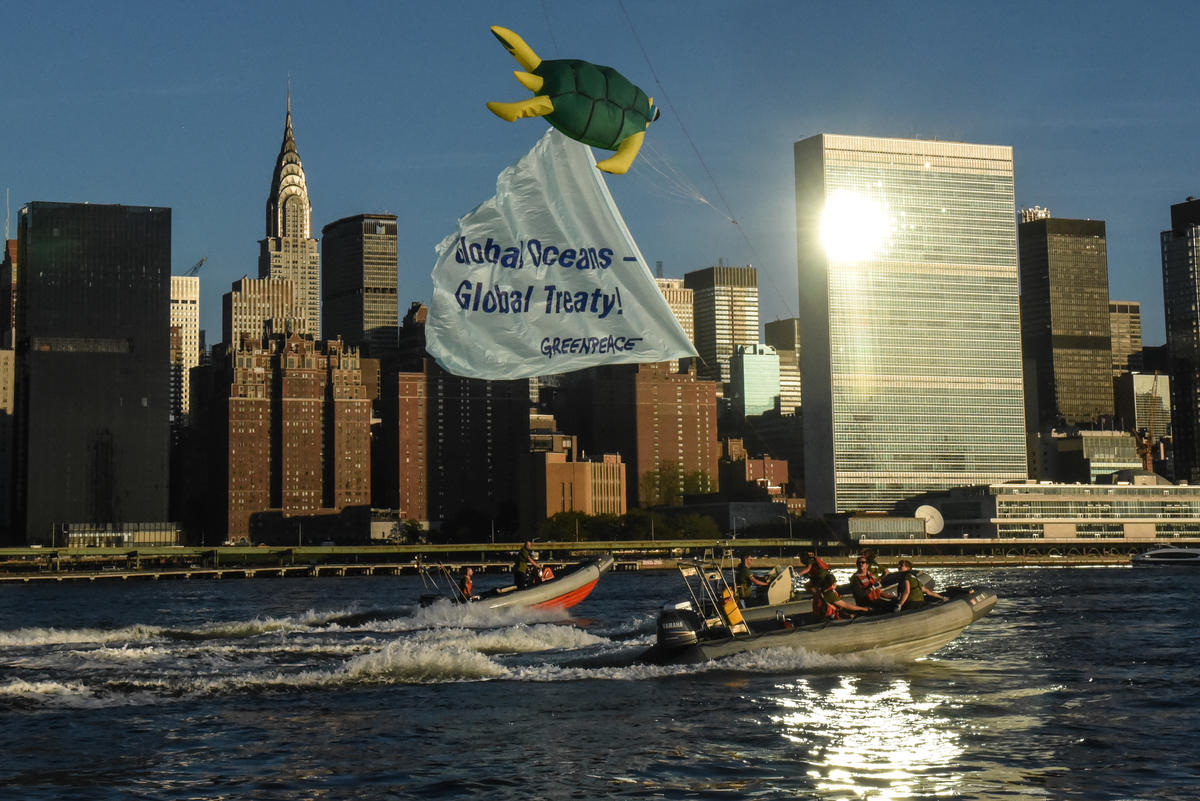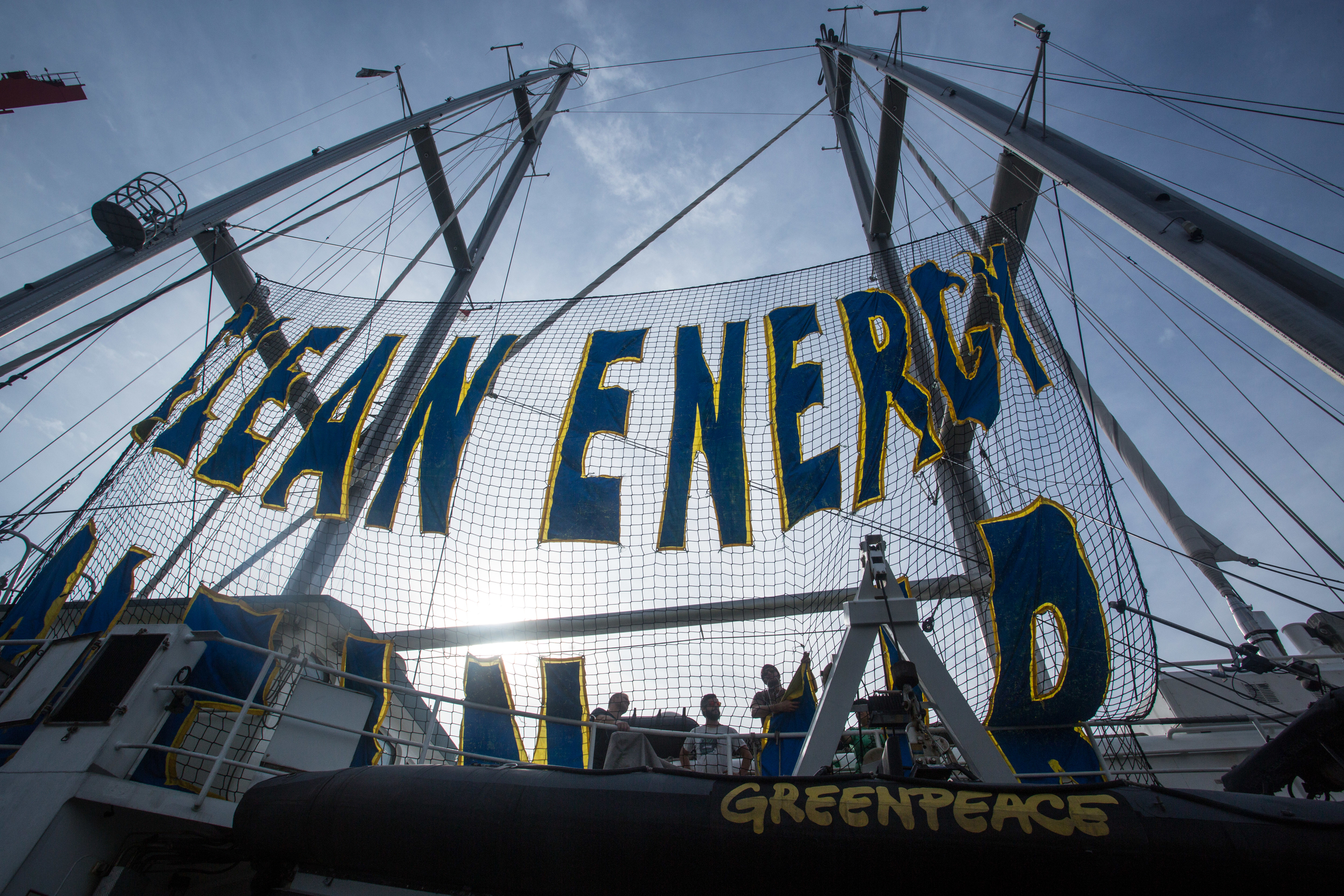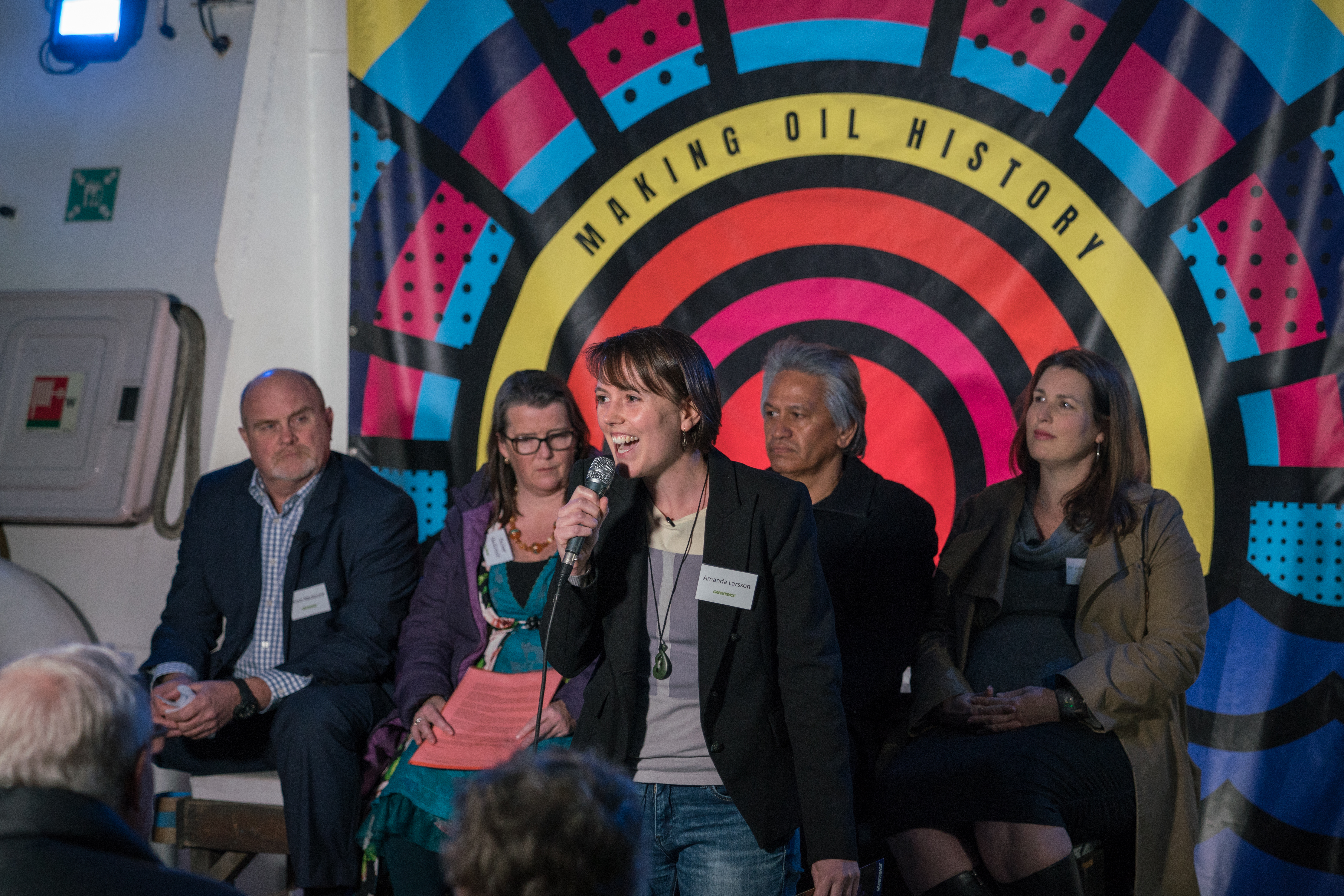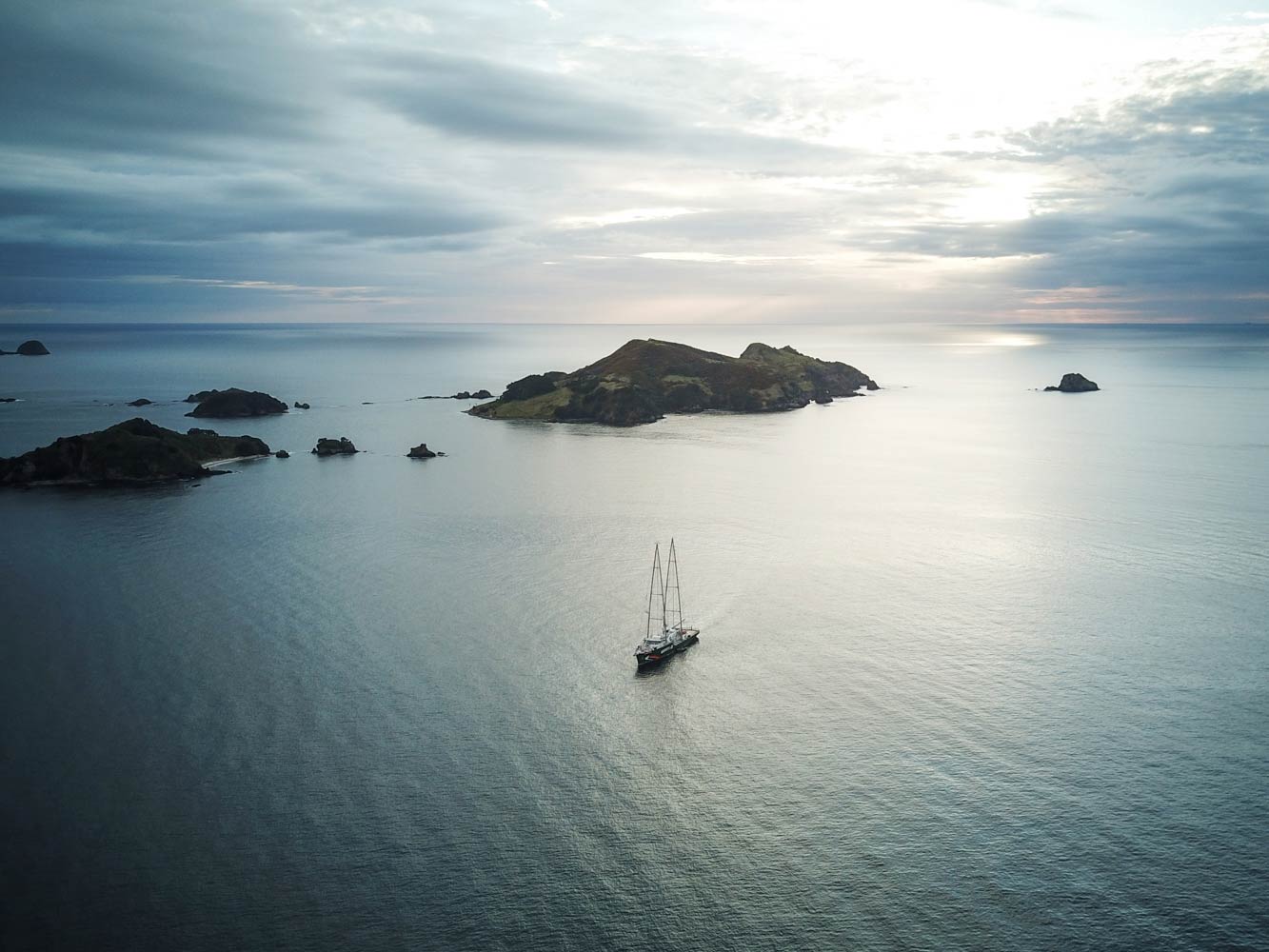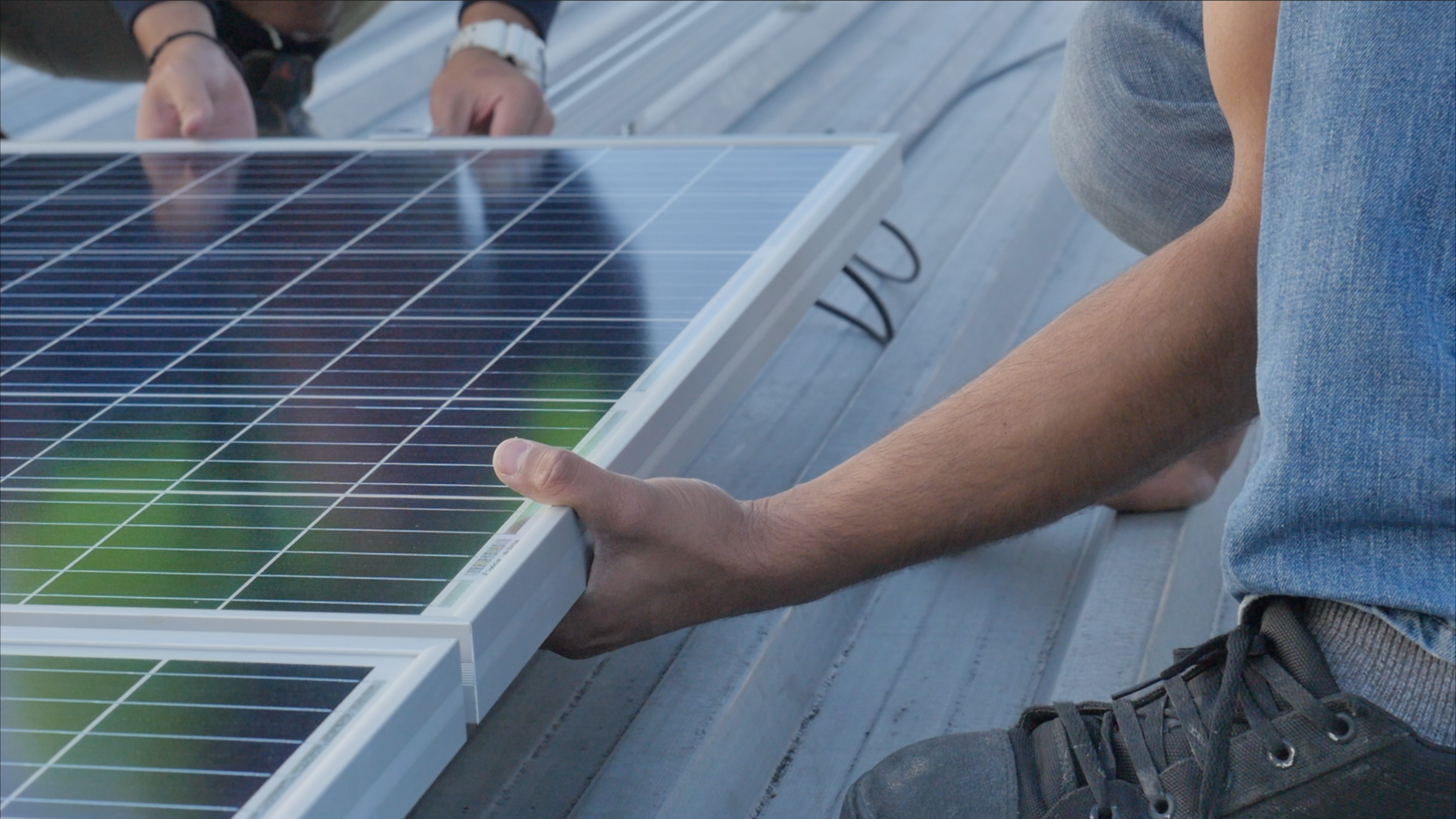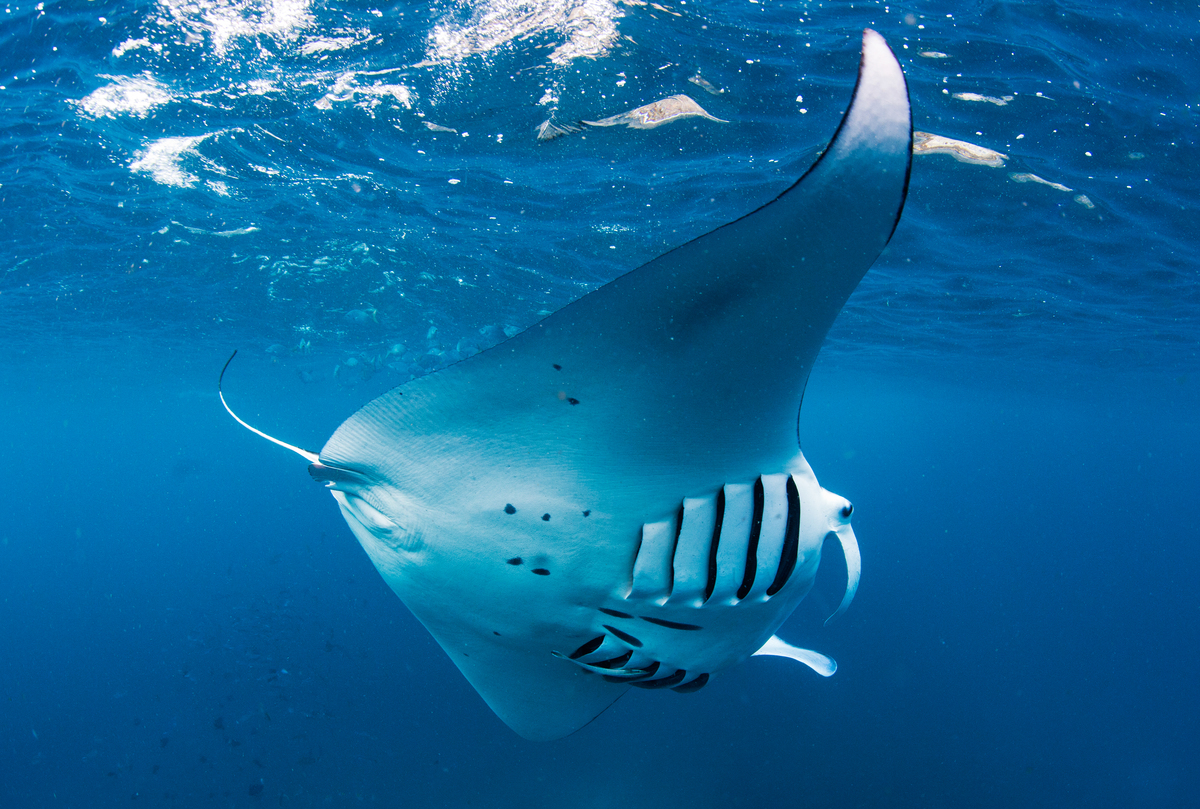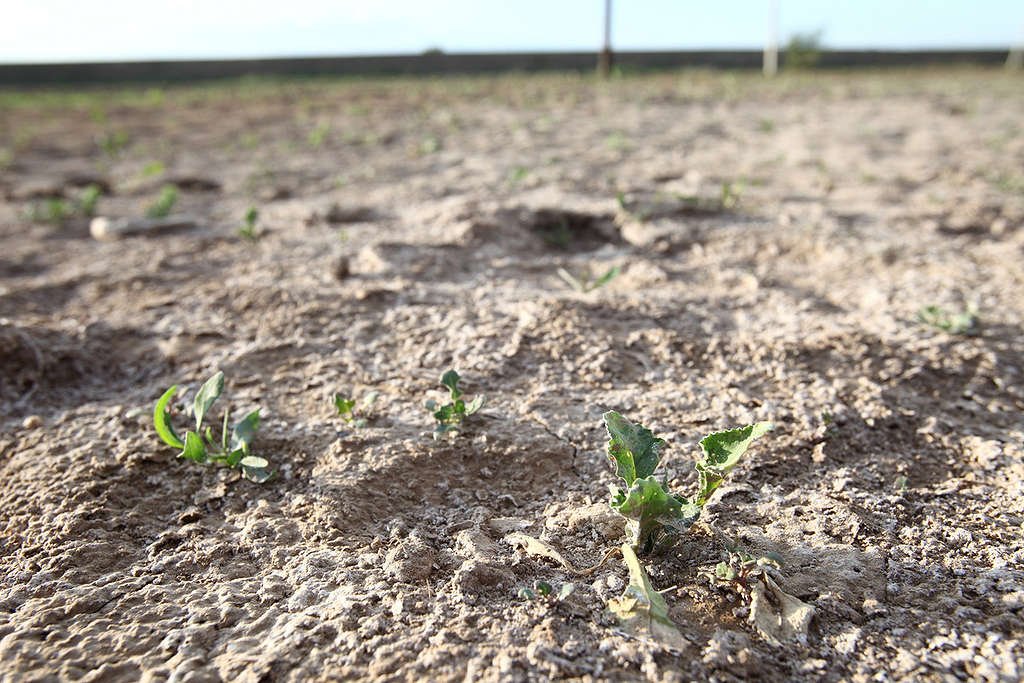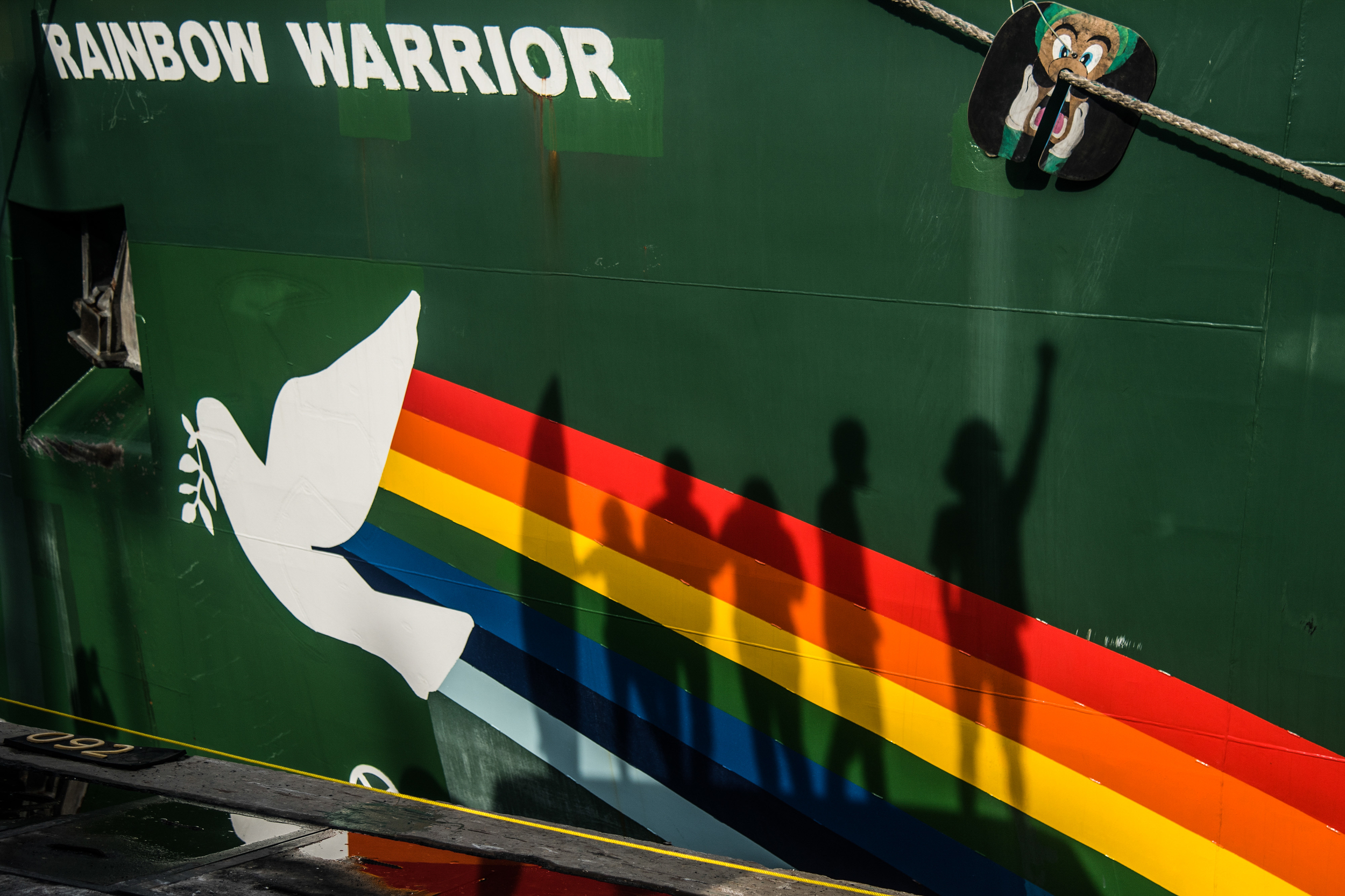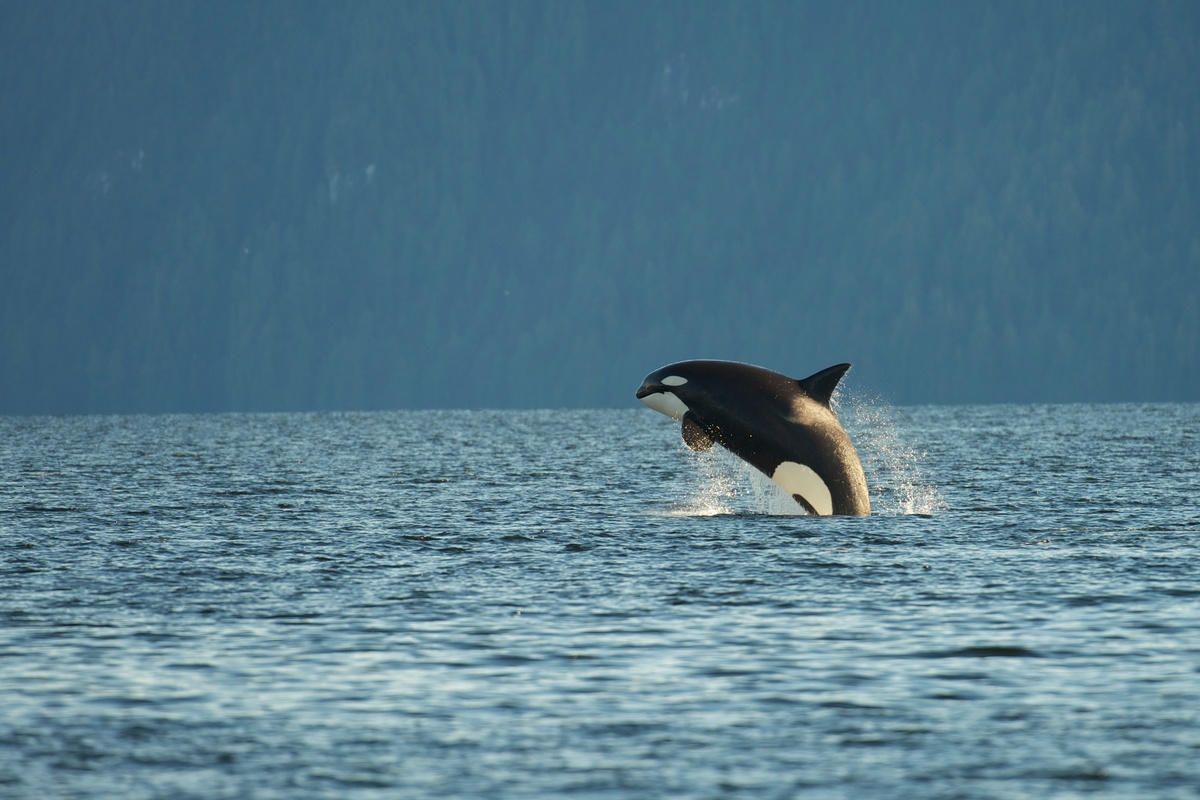All articles
-
Wings of Paradise: Drawing attention to rainforest destruction
For too long the story of Indonesian forests has been painted with the darkness of burning rainforests, disappearing species and displaced communities. Greedy palm oil companies, that only seem to…
-
What a Global Ocean Treaty means—and why it matters to all of us
We have paddled the first nautical miles of a long voyage. The first meeting at the United Nations’ headquarters about a treaty to protect all the oceans which lie beyond…
-
Electricity price gouging shows urgent need for massive solar injection
A new report published by the University of Auckland Business School has revealed that New Zealanders have been ripped off by big electricity generators to the tune of $5.4 billion over seven years.
-
Making Oil History: Solar for Everyone
I’m writing to you from on board The Rainbow Warrior. Yesterday, we sailed into Auckland, crossing the beautiful Hauraki Gulf and past Rangitoto, before being welcomed with a pōwhiri from Ngāti Whātua on Princes Wharf.
-
Making Oil History tour launches in Matauri Bay
This bay in the north is the final resting place of the original Rainbow Warrior, the ship that was bombed in 1985 by French Secret Service in retaliation for New Zealand's campaign for a nuclear-free Pacific.
-
Making oil history, one sunrise at a time
While the Rainbow Warrior arrives in New Zealand to celebrate the end of oil, we at Greenpeace HQ in Auckland have been forging ahead with the transition to clean energy. Fifty new solar panels have been added to our existing rooftop array, powering up our campaign for a safe climate using clean, homegrown electricity.
-
Our oceans’ last chance: a historic opportunity
This is so exciting! For the next two weeks, there will be negotiations on a Global Ocean Treaty at the UN. It’s such a historic opportunity, scientists are calling it…
-
How can we restore Earth’s nutrient cycles?
Humanity has already breached four of the nine ecological boundaries outlined in 2009 by Johan Rockström: climate change, loss of biodiversity, land-system change, and nutrient cycles.
-
From the Rainbow Warrior: Next stop New Zealand
This is Fernando - captain of Greenpeace flagship The Rainbow Warrior. I'm writing to you from the middle of the Tasman Sea - and our next stop is New Zealand!
-
An Orca mother finally abandons her dead calf that she carried for over two weeks
After 17 heartbreaking days, Tahlequah (J35), the orca mother who captured the world’s attention, has finally stopped carrying her dead calf through the Salish Sea off the Pacific coast of…

